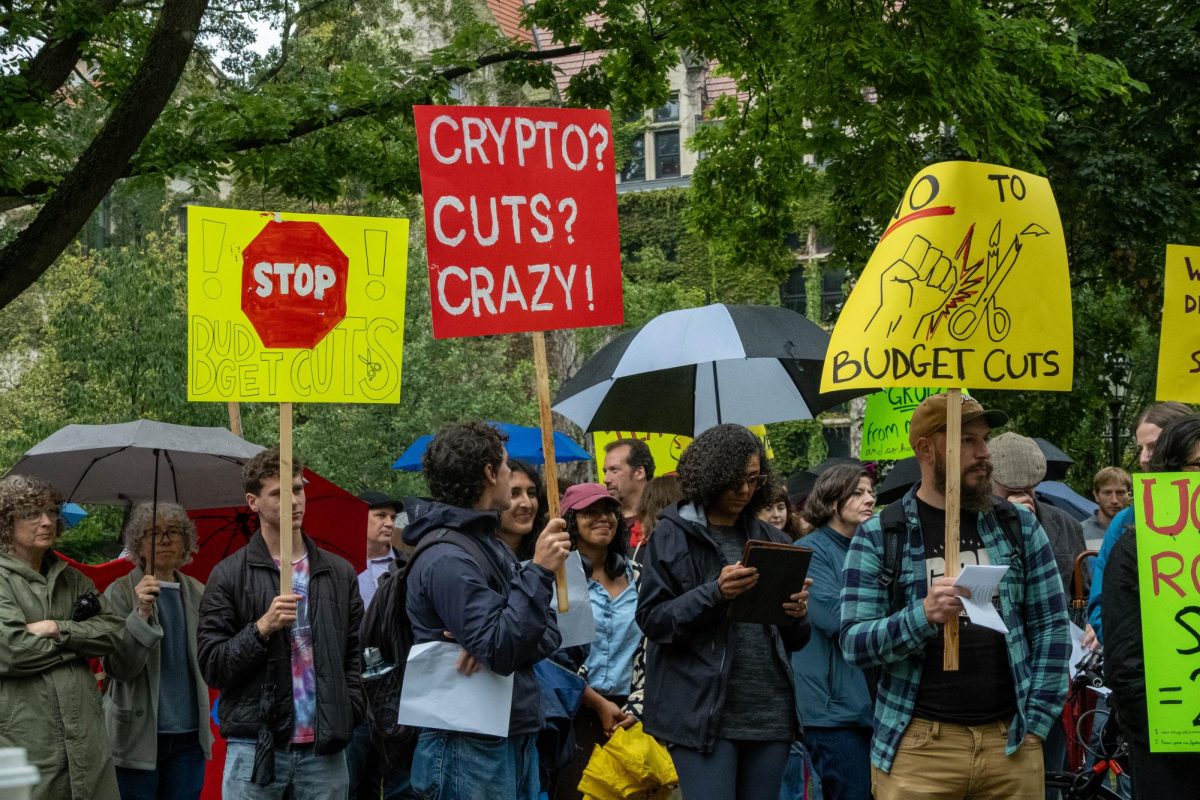Alfred Kinsey pioneered the study of human sexuality, but spent much of his career pushing back against societal pressures, said sexologist John Gagnon at a talk Wednesday in the Center for Gender Studies.
Gagnon, a sociology professor emeritus from the State University of New York at Stony Brook, worked at the Kinsey Institute from 1959 to 1969 and wrote papers reanalyzing Kinsey's data on college students early in his career.
"Kinsey opened the door for me,” Gagnon said.
Kinsey published “Sexual Behavior in the Human Male” in 1949, based on years of meticulous research conducted at the Kinsey Institute for Sex, Gender, and Reproduction at Indiana University. It included the Kinsey Scale, which quantifies levels of homo- and heterosexuality.
According to Gagnon, Kinsey argued sex was seen as destructive because of societal conditions. Kinsey believed facts would transform people by revealing culture’s repressive aspects. “Kinsey really thought the world was going to be a better place,” Gagnon said. “He tried to show the wonderful things that nature offered other than heterosexuality.”
Gagnon described how Kinsey’s book generated intense backlash, which “really surprised him.” His following publication, “Sex Behavior in the Human Female,” fared no better in the public eye. "The first book crystallized reaction against him. The press decided who and what he was," Gagnon said.
Gagnon blamed society for having been too defensive against Kinsey’s proposals. “Kinsey’s legacy? He doesn’t have one,” Gagnon said.








